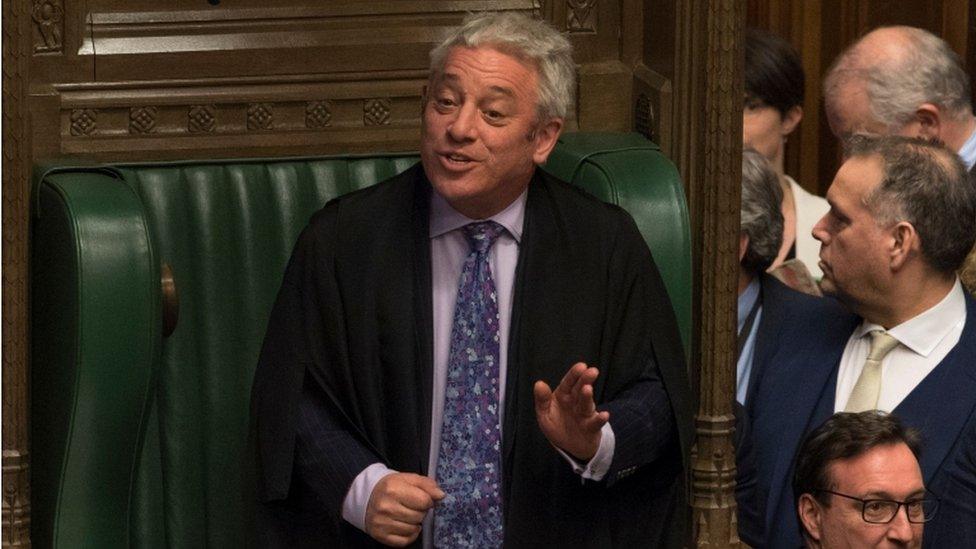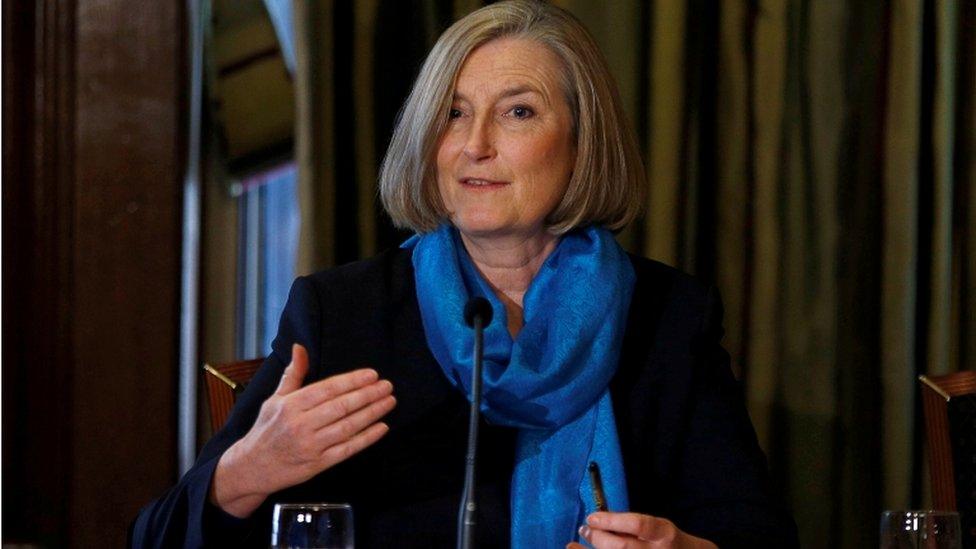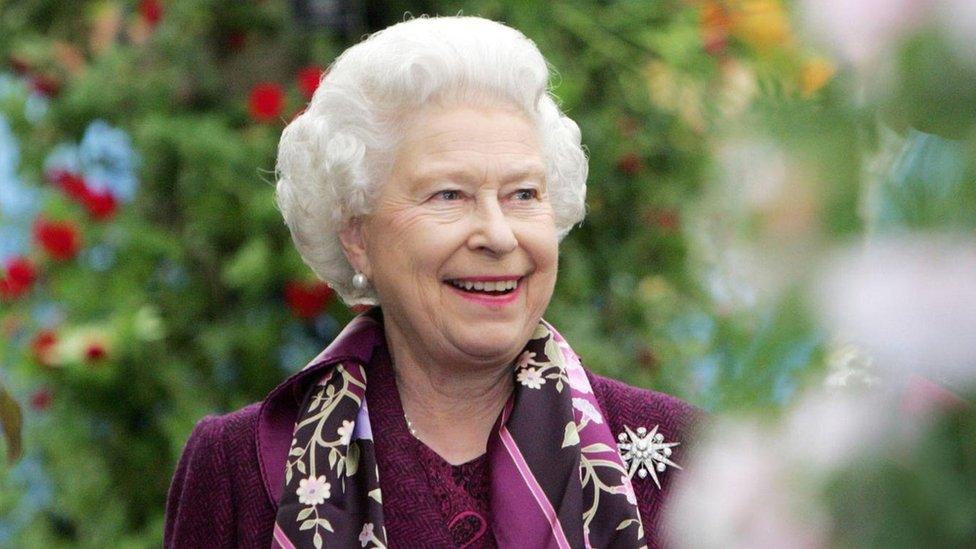MPs' expenses: The Legacy of a Scandal
- Published

Former Tory MP Sir Peter Viggers claimed expenses for an island to house the ducks in his pond
Ten years ago, the MPs' expenses scandal erupted and shook the British political system to its foundations.
At the time, several commentators questioned whether parliamentary democracy as we knew it would survive the drip-by-drip, day-by-day revelations that the the Telegraph fed an increasingly angry British public.
Unlike other scandals this did not involve a rogue politician or a couple of scoundrels on the make.
This was systemic in nature and tarred just about every MP with the same brush and, as a result, a large number lost their careers - some even lost their freedom and ended up in prison.
The real victim, as surveys revealed at the time, was public confidence and faith in politics: Parliament really was on its knees.
The story of the MPs' expenses scandal has been told a million times.
From the duck house to the moat cleaning and from flipping houses to phantom mortgages, it's become the stuff of political legend and caricature.
But the arguably more interesting and far less told story revolves around the classic "what happened next?" question.
The conventional answer seems to be "very little".
Even William Lewis, who as editor-in-chief of the Telegraph oversaw the story, wrote recently that "the chance to make radical reforms to our political institutions and how they operate was, however, glaringly (and deliberately) overlooked.
"The legacy of that missed opportunity is now clear to see."
But I think there's a different story to be told.
'Off its knees'
This is the story of the reforms that did follow in the wake of the MPs' expenses scandal and - critically - why they seem to have failed to register when it comes to rebuilding public confidence or trust in politics.
Take, for example, the creation of the Independent Parliamentary Standards Authority and the end of parliamentary self-regulation in relation to MPs' pay and expenses.
Or the election of John Bercow as the post-scandal Speaker, charged with somehow lifting Parliament off its knees.
There is little doubt that John Bercow is both an eccentric character and Marmite figure, but it is very hard to deny that he has been a reforming Speaker.
You only have to look at the increase in urgent questions and the way he has placed public engagement at the core of his tenure to see how much has changed.

John Bercow was elected in the wake of the MPs' expenses scandal
Or take a walk to the select committee corridor to examine the impact of what have become known as "the Wright Reforms".
Former Labour MP Tony Wright is a very clever chap.
He can spot a window of opportunity from a hundred parliamentary yards and was not going to let a good crisis go to waste.
As the MPs' expenses scandal sent the political equivalent of shrapnel ricocheting around No. 10, and with an election looming, Tony (Wright not that other one) penned a letter to Gordon Brown.
He suggested that the creation of a new committee to consider sweeping reforms to the select committee system might play some important role in rebuilding public confidence in British politics.
Independent-minded
The rest, as they say is history, and the election of select committee chairs - arguably the key feature of the Wright Reforms - has served to shift the balance of power between Parliament and government.
The final element of change has been the post-2010 generation of MPs - people like Rory Stewart, Rachel Reeves, Nicky Morgan, Chuka Umunna and Sarah Wollaston - who have arguably adopted a more open and independent-minded approach to parliamentary life (often through the independence afforded as the elected chair of a select committee).

Sarah Wollaston was one of the post-2010 generation of MPs
So the legacy of the MPs' expenses scandal is more complex and multi-layered than many observers seem able to willing to recognise.
Reform did happen.
And yet despite the reforms, Parliament still appears to be on its knees - possibly even lying prone or locked into some form of institutional brace position.
The recent Hansard Society Audit of Political Engagement provides a genuinely depressing account of contemporary public attitudes.
"Incoming!!!" appears to have been the main shout that echoed through the corridors at Westminster a decade ago… and that same refrain still appears to be reverberating in the corridors today, just with a distinctive Brexit inflection.
Perhaps that's because the radical reform of the type William Lewis claims to hanker after did not occur. Instead of a shock to the system, we are instead muddling through.
I have a different view.
I think the real legacy of the scandal - the deeper failing - was that it didn't cultivate a serious and balanced debate about the price and value of democracy and therefore about what we want our MPs to do, who we want to do it, how we want them to do it, and why doing politics on the cheap is probably not a good idea.
Matthew Flinders is Professor of Politics at the University of Sheffield and Founding Professor of the Sir Bernard Crick Centre at the University of Sheffield. He is also President of the Political Studies Association of the United Kingdom and a member of the Economic and Social Research Council.
MPs' Expenses: The Legacy of a Scandal is broadcast on BBC Radio 4 on 7 May at 20.00 BST.
- Published25 March 2019
- Published25 March 2019
